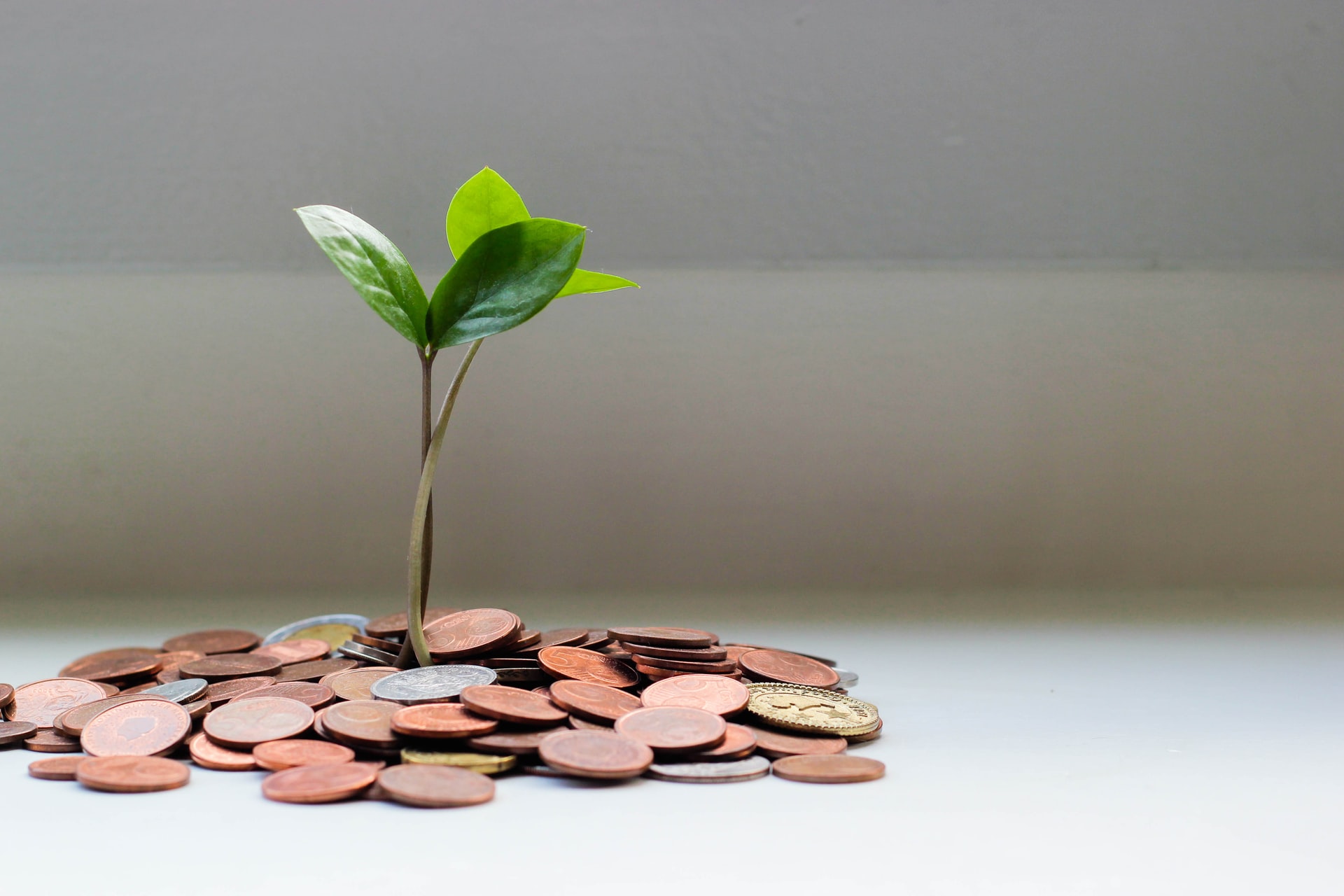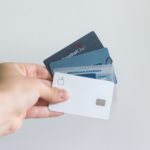You want to build your credit but can’t get approved for a credit card. Whether you have little to no credit history or less than perfect credit, there are other ways to build credit. In this guide, you’ll discover several viable alternatives to get started.
1. Get a Credit Builder Loan
A credit builder loan lets you build credit while saving money. But you won’t get the loan proceeds when you’re approved for a loan. Instead, they hold the funds in a certificate of deposit, and they’re released to you when you pay the loan off.
As you make the required fixed monthly payments over the loan term, they will report them to the three major credit bureaus – Experian, TransUnion and Equifax – to build your credit.
2. Pay Off Debt
If you have outstanding installment loans, like auto loans or student loans, paying them off could improve your credit score. The same applies to existing credit card accounts – try to keep the balances at or below 30 percent of your credit limit, or pay them down to 10 percent or lower if possible, to have the best shot at earning a good or excellent credit score.
3. Report On-Time Payments
Ask your landlord and service providers, including your cell phone, cable and utility company, to report on-time payments on your behalf. They’re not obligated to do so but could grant your request if you ask nicely.
4. Get a Secured Credit Card
Secured credit cards cater to consumers with minimal credit history or past credit challenges. They require a security deposit that’s typically equivalent to the credit limit, and can be used like a regular credit card. The key difference is the credit card issuer could take a portion or all of your security deposit if you fall behind on the required monthly payments. On the flip side, you could be upgraded to an unsecured card if you responsibly manage your card over time.
Before you get a secured credit card, confirm that the credit card issuer reports to the three primary credit bureaus. Also, read the fine print, and if you find that the interest and fees are steep, explore other options.
5. Correct Errors on Your Credit Report
Get a copy of your credit report and review the contents for accuracy. If there are errors, file a dispute with the credit bureau(s) reporting the incorrect information, as it could be dragging your credit score down.
6. Become an Authorized User
When you become an authorized user on a friend or relative’s credit card, you get to piggyback off their credit history without being held responsible for the balance on the credit card. Ideally, you want to be added to a card with a stellar payment history for this method to be effective.
7. Get a Loan and Keep Up with Payments on Time
You could qualify for an unsecured personal loan if you have an ample credit history. Be mindful that the most competitive interest rates are generally reserved for borrowers with good or excellent credit. So, this loan product can be challenging if your score is low. Still, you can start with a small loan amount and make timely payments to begin building credit.
8. Practice Healthy Credit Habits
The credit scoring models favor individuals who practice healthy credit habits. This generally entails only applying for debt as needed, making timely payments and keeping the utilization of revolving accounts under control. You also want to be mindful of your overall debt load and avoid borrowing more than you can comfortably afford to pay back in a timely manner.
How to Build Credit from Scratch
If you haven’t yet established credit, taking out a personal loan or getting approved for a credit card could be difficult. You have the option to have your bills and rent payments reported, but this alternative data may not do much for your credit score.
The Bottom Line: Can You Build Credit Without a Credit Card?
You have to use credit to build credit, but a credit card isn’t your only choice. Personal loans may be ideal, or you can use a credit builder loan to boost your credit score and savings at the same time.







